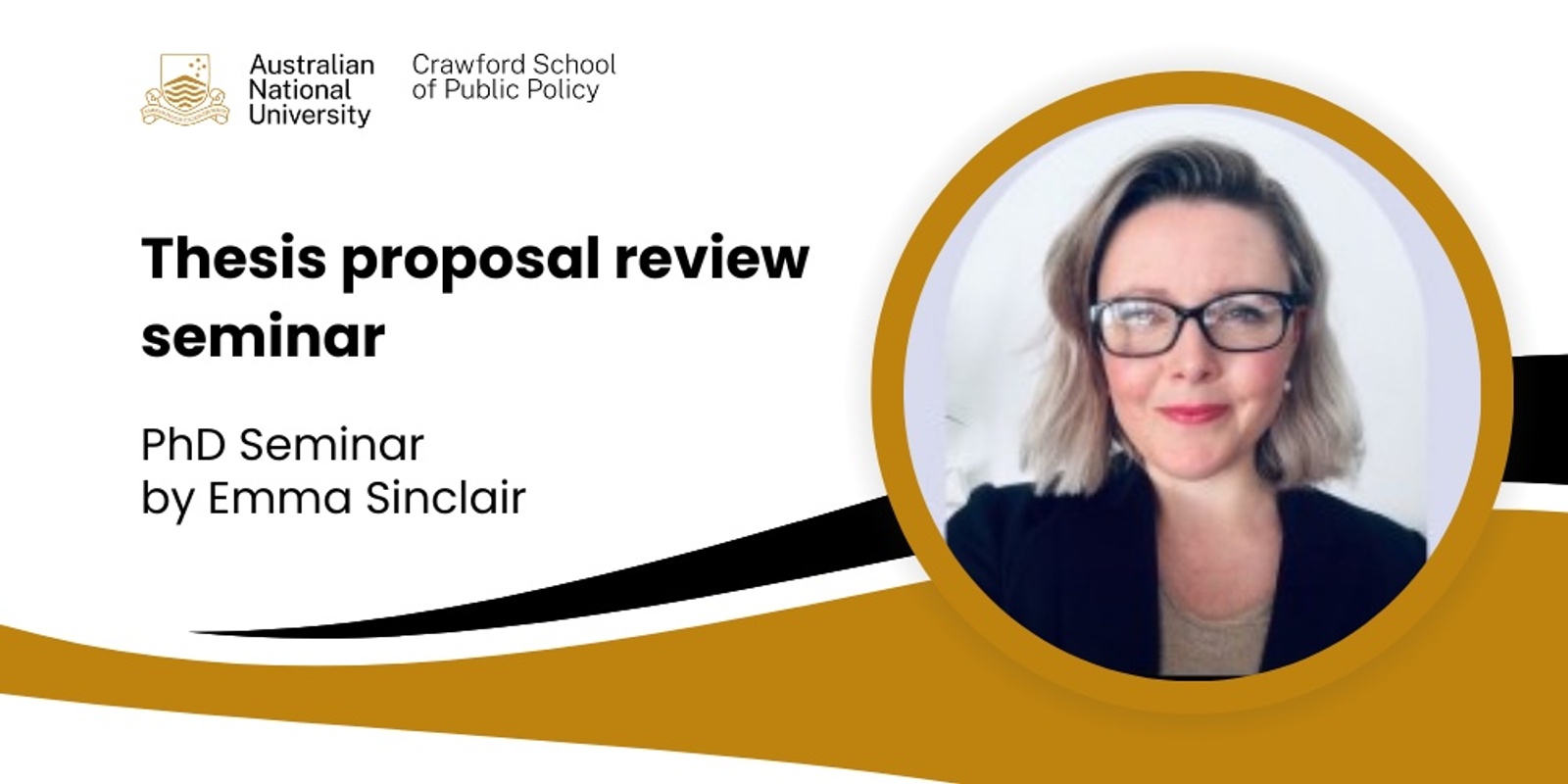READ PhD seminar: Thesis proposal review seminar
Event description
|
After disaster: how communities in rural NSW are living and responding to disasters and their governance As human activities continue to drive climate change, extreme weather events culminating in disaster are now increasing in regularity and severity producing a range of contestations, new alliances, and uncertainties in rural Australia. Focusing on rural communities impacted by recent disaster, this research aims to unpack and explore what is happening for rural Australian communities, as they grapple with the disruption of disasters intensifying under climate change. As a political ecology of rural transformations, it will document and explore how communities are coping with disasters; how government is interacting with and preparing communities for disaster; and, how disaster NGOs are playing a critical role in crafting new political conditions in rural contexts. To do this a cross-comparative ethnographic study within two different sites of disaster in rural NSW is proposed. Drawing on “rupture” as a recent theory focus and analytic for investigation into society-state and nature relations impacted by intense episodes of change (Mahanty et al. 2023), this research will explore the dynamic ways in which ruptures emerge and play out, rippling across scales with uncertain outcomes. Finally, drawing on the gaze of political ecology to further a critical examination of power and justice in both sites of enquiry, the research will explore how disasters are governed by both by state, non-state and local actors. The research aims to provide 1) a deep and rich understanding of what is happening after disaster in rural NSW communities, using the lens of rupture to explore the historical, material and sociological dimensions of place that contribute to ruptures sources and unequal outcomes, 2) an investigation into how disasters are being governed and how this is transforming society-state relations in rural Australia 3) document the embodied experience of rural communities post disaster and how people are living through and responding to disaster events. Bio: Emma Sinclair is a PhD candidate at the Crawford School of Public Policy with prior experience as a social worker, educator and psychotherapist. Most recently she has been working in Higher Education and with a disaster NGO that works in the community disaster recovery and resilience space. Her research interests focus on rupture in an Australian context and how rural communities are responding to cascading disaster events. |
Tickets for good, not greed Humanitix dedicates 100% of profits from booking fees to charity

